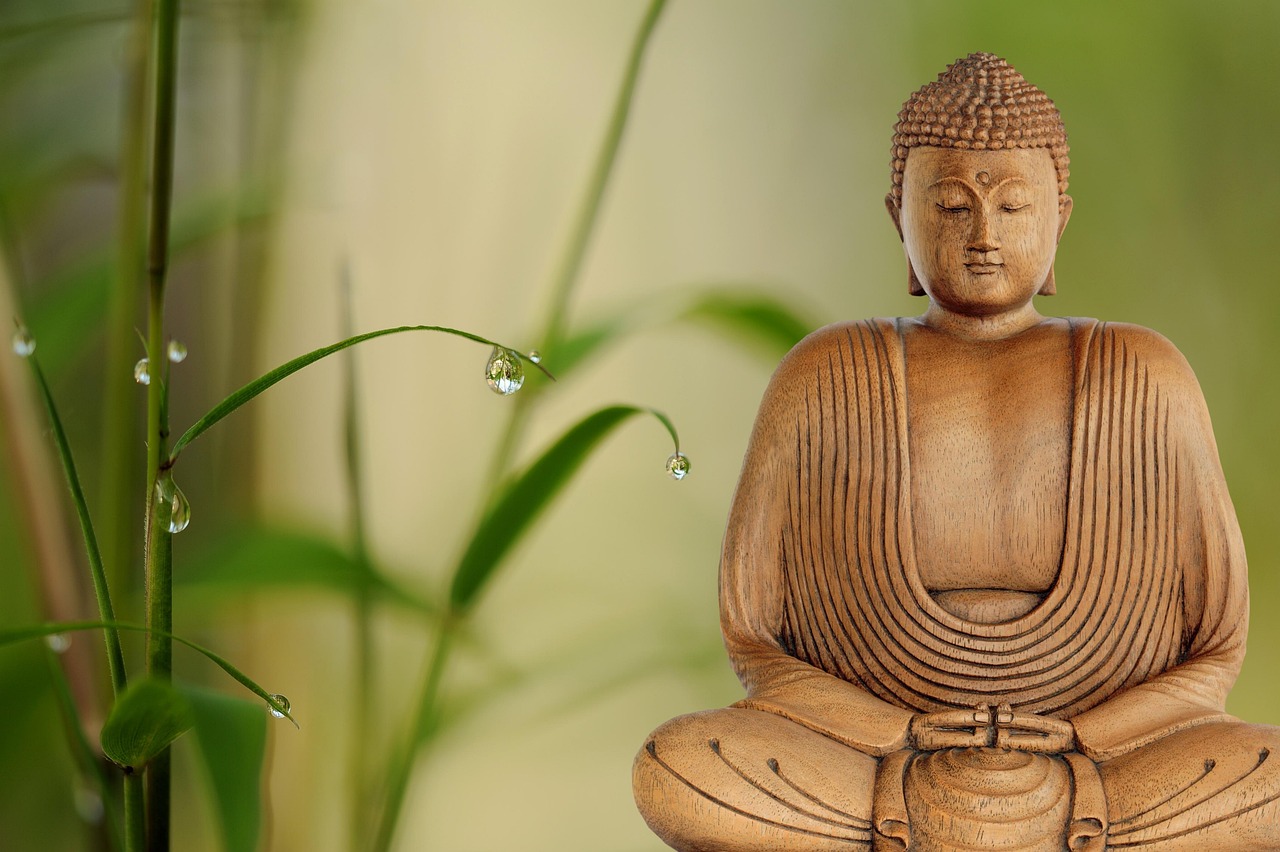An Ancient System for Modern Health
Traditional Chinese Medicine (TCM) is a comprehensive healing system that’s been refined over thousands of years. While it might seem exotic or mysterious, at its heart is a simple, elegant philosophy: when your body is in balance, you experience health and vitality. When imbalances occur, symptoms and illness follow.
The Philosophy Behind Chinese Medicine
Chinese medicine views the body as an integrated whole where physical, emotional, and spiritual aspects are inseparable. Rather than isolating symptoms or diseases, practitioners look at patterns – how different symptoms connect to reveal underlying imbalances.
Qi – Your Vital Energy – Central to Chinese medicine is the concept of Qi (pronounced “chee”) – your vital life force or energy. Qi flows through your body along pathways called meridians, nourishing organs, tissues, and cells. When Qi flows smoothly and abundantly, you feel energized, balanced, and well. When Qi becomes blocked, deficient, or excessive, symptoms emerge.
Yin and Yang – Chinese medicine recognizes that health requires balance between opposing but complementary forces – Yin (cooling, calming, nourishing) and Yang (warming, activating, energizing). Too much or too little of either creates imbalance. Hot flushes, anxiety, and insomnia might indicate excess Yang or deficient Yin. Fatigue, feeling cold, and low motivation suggest Yang deficiency.
The Five Elements – Wood, Fire, Earth, Metal, and Water represent different qualities of energy in nature and within our bodies. Each element corresponds to specific organs, emotions, seasons, and functions. This framework helps practitioners understand how imbalances in one area affect others – for instance, how stress (Wood/Liver) can disrupt digestion (Earth/Spleen).
How is Chinese Medicine Different from Western Medicine?
Both systems have tremendous value, but they approach health from different perspectives:
Western Medicine excels at acute care, emergency medicine, surgery, and managing serious diseases. It typically focuses on identifying specific diagnoses, targeting pathogens or abnormalities, and using pharmaceutical or surgical interventions. The approach is often reductionist – isolating the problem to treat it specifically.
Chinese Medicine takes a holistic view, considering your entire constellation of symptoms, lifestyle, emotions, and constitution. Rather than asking “what disease do you have?” we ask “what pattern of imbalance are you experiencing?” Two people with the same Western diagnosis might receive completely different Chinese medicine treatments based on their unique patterns.
Personalised, Root Cause Treatments for Sustainable Health – Where Western medicine might focus on managing symptoms, Chinese medicine asks why symptoms are occurring and addresses underlying imbalances so the body can heal itself. Acupuncture and herbal medicine treatment is individualized – your acupuncture points and herbal formula are tailored to your specific pattern, symptoms, and constitution. This approach aims to support your body to rebalance itself for sustainable, long-term health.
What Can Chinese Medicine Help With?
Chinese medicine can address a remarkably wide range of conditions because it treats patterns of imbalance rather than isolated diseases.
Women’s Health Period pain, PMS, PMDD, irregular cycles, heavy bleeding, endometriosis, PCOS, fertility issues, pregnancy support, menopause symptoms, hormonal acne
Mental and Emotional Health Anxiety, depression, stress, insomnia, panic attacks, emotional overwhelm, difficulty coping
Pain Headaches, migraines, back pain, neck and shoulder tension, joint pain, arthritis, sports injuries, sciatica
Digestive Health IBS, bloating, reflux, nausea, constipation, diarrhoea, poor appetite, food sensitivities
Energy and Fatigue Chronic exhaustion, burnout, adrenal fatigue, difficulty recovering from illness and post-viral fatigue
Hormonal Imbalances Thyroid issues, blood sugar problems, weight management challenges
Immune Function Frequent colds and flu, allergies, autoimmune conditions, chronic inflammation
Respiratory Issues Asthma, chronic cough, allergies, sinus problems
General Wellness Stress management, disease prevention, optimal health maintenance, supporting overall vitality
Chinese medicine is also excellent for conditions that Western medicine finds difficult to treat – issues where tests come back “normal” but you don’t feel well, or chronic conditions that haven’t responded to conventional treatment.
An Integrative Approach
Chinese medicine isn’t about choosing one system over another. Many patients use an integrative approach, combining the strengths of both Western and Chinese medicine. You can absolutely continue taking prescribed medications, seeing your GP or specialists, and receiving acupuncture and herbs simultaneously. In fact, this integrated approach often produces the best outcomes.
How Treatment Works
Chinese medicine primarily uses two therapeutic approaches:
Acupuncture involves inserting very fine needles at specific points to regulate Qi flow, calm the nervous system, reduce pain and inflammation, and restore balance. Most people find it deeply relaxing.
Chinese Herbal Medicine uses plant-based formulas customized to your pattern. Herbs provide sustained support between acupuncture sessions, working gradually to create lasting change.
Exercise Therapy includes practices like Qi Gong and Tai Chi – gentle, flowing movement systems that cultivate and balance Qi. These meditative exercises combine slow, deliberate movements with breath control and mental focus. Regular practice improves energy flow, reduces stress, enhances balance and flexibility, and supports overall vitality. Many patients find these practices empowering tools they can use at home to maintain the benefits of treatment.
Together, these modalities address both immediate symptoms and underlying root causes, supporting your body’s innate healing capacity.
A Time-Tested System for Modern Life
While Chinese medicine is ancient, its principles remain remarkably relevant for modern health challenges. Our 21st-century lifestyle – chronic stress, processed food, sedentary habits, environmental toxins, disrupted sleep – creates exactly the kinds of imbalances Chinese medicine is designed to address.
Whether you’re dealing with specific symptoms, managing chronic conditions, or simply wanting to feel your best, Chinese medicine offers a gentle, holistic path to health that honors your body’s wisdom and supports lasting wellness.
